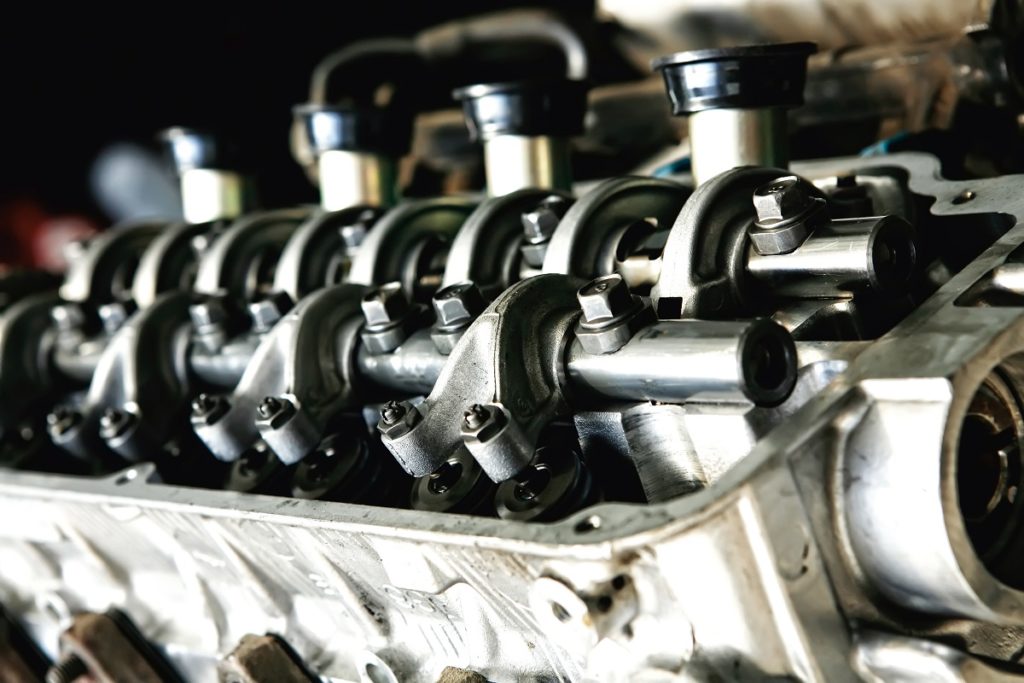Everyone has seen at least one construction vehicle in their lifetime—huge, towering trucks capable of moving tons of materials and equipment around. While they may vary in size, shape, and function, it’s highly likely that all of them are powered by the same thing: a diesel engine.
This invention has been one of the cornerstones of how automation and heavy equipment has functioned in modern civilization. As one of the cornerstones of the automotive industry, understanding this system is important to operate our heavy equipment. For example, Caterpillar diesel engine repairs in Utah are an essential service to make sure moving equipment is in working order.
But have you ever wondered how this invention came to be?
What is a diesel engine?
It’s important to differentiate diesel engines from the gasoline engines that power most of our cars. Designed for heavier machines that need more power, diesel engines are actually simpler versions of gasoline engines.
Both work via internal combustion systems, which means fuel is processed and used inside the machine rather than outside. But the diesel engine sacrifices the bells and whistles of refining that energy in exchange for raw power. It’s a little bit like using an anvil to hammer a nail instead of an actual hammer.
Why are they better than gasoline engines?
That’s thanks to something known as Carnot’s rule, a theory stating that the efficiency of an engine depends on the low and high temperatures it can operate in. Since a diesel engine needs a high temperature to become reliable for everyday use, it is set up in such a way that it takes advantage of this high amount of heat to ignite the fuel.
It also has something to do with the diesel itself; the composition of diesel has a higher energy density than pure gasoline, which makes the eventual combustion give more kick and force than a normal gasoline engine.
Why not use this in modern cars?
 Most modern cars are built on gasoline engines because the power and the parts needed for a diesel engine isn’t really necessary for those who are just using their vehicles to drive to work every day.
Most modern cars are built on gasoline engines because the power and the parts needed for a diesel engine isn’t really necessary for those who are just using their vehicles to drive to work every day.
More than that, the obvious side effects of using diesel engines, such as the noise generated by the combustion process, is generally something most consumer markets would disagree with. While gasoline can be less economical and less powerful to use, the market demand simply hasn’t shifted diesel requirements towards any use aside from heavy machinery.
So what’s next in the future of diesel?
For one, innovations towards making a more efficient diesel engine have always been the goal of manufacturers. Internal combustion is a reliable process for us to get the power we require from our fuels, but it’s just a few steps away from the steam engines that we used a long time ago.
Diesel engines will likely stick around for a while. Perhaps not in the form that we’d expect, but certainly as an essential component of our heavy machinery.

